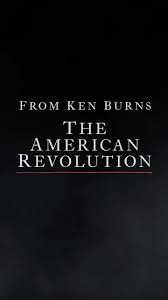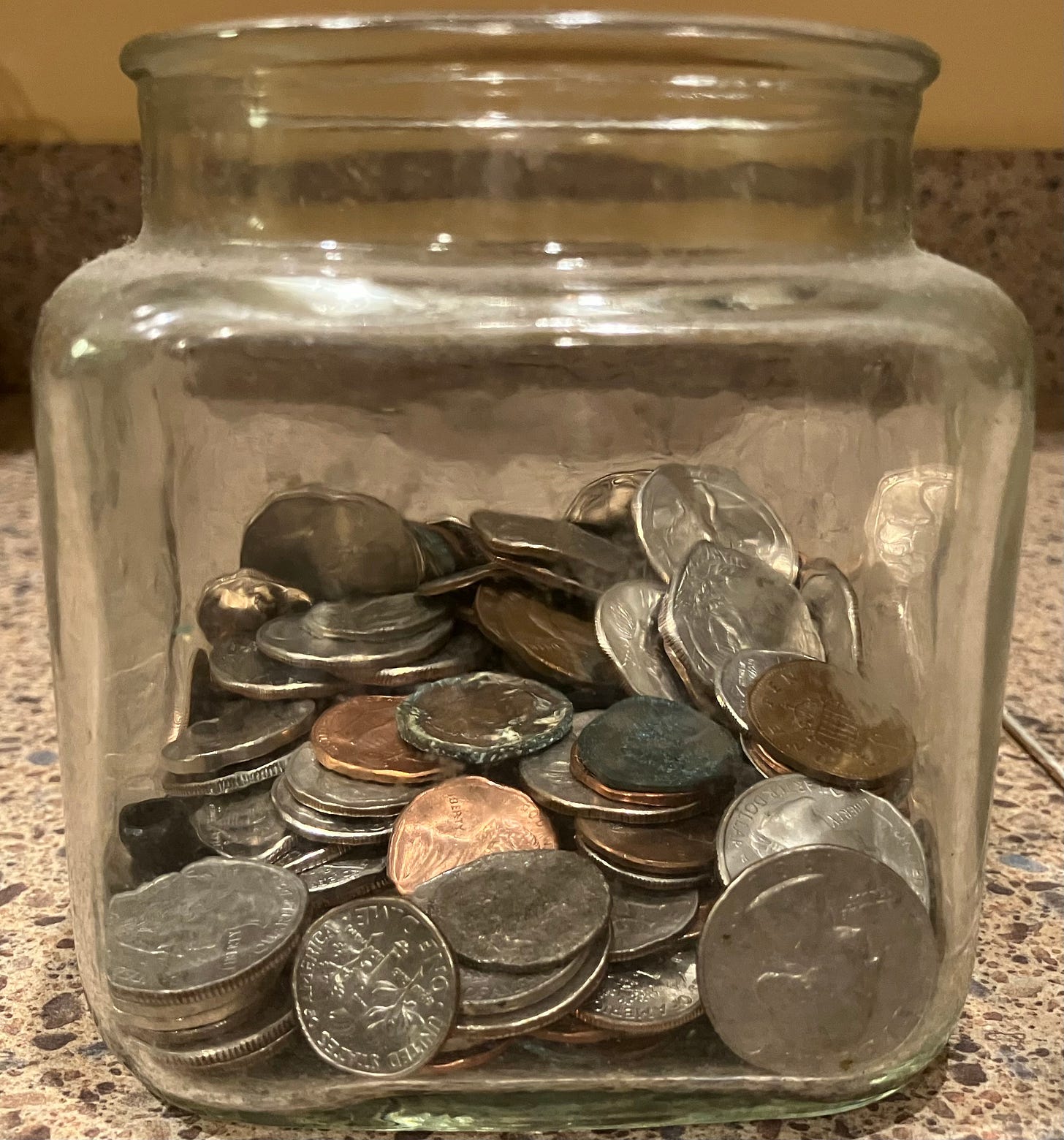Great conversation with a dose of reality
Patten project tabled as residents pack Glens Falls Planning Board meeting
Please consider supporting The Front Page with a paid subscription: HERE
It was one of those evenings you simply don't want to end.
There was lively conversation with some new friends, a couple of cocktails out on the patio where the weather was unbelievably perfect for late August and the conversation was the kind usually reserved only for old friends.
There were six of us.
My son, now 28, was there with his girlfriend while my brother and I represented the old-timers. Also on hand was my son's best friend from grad school and his wife. The young couple married nearly three years ago. He is a junior high social studies teacher with the passion you expect for someone just starting out while his wife also has a degree. I think she said she was a social worker.
The stories were the usual fare about how my son and his friend met, their experiences in graduate school at West Virginia, the husband's bachelor party and the young couple's wedding.
I joked to my son at one point, "I had no idea there were two of you."
It was delightful evening and that is not a word I use often.
My son and his friend both were in the public history program at WVU and this was a group with a passion for history. I asked about his approach to teaching history, and civics and how he hoped to make a difference.
He gushed about how he had changed his entire approach and curriculum going into his second year of teaching. The excitement was contagious as we listened to his ideas about molding young minds.
At one point, I concluded the future was in good hands.
As it got later, the conversation turned to politics, as it inevitably does these days, but maybe more importantly, the young couple voiced concerns about their financial future.
They talked about their shock at seeing such a large chunk of their paycheck gobbled up by federal and state taxes. The husband told us how he plotted his raises well into his 50s - 20 years hence - when he he would finally be making good money, but right now he was unsure they could afford to buy a house.
They did not talk about kids.
It struck me as odd that these two two college-educated young people who had done everything they were supposed to do to be successful were still worried. They had upheld their end of the American contract but there were still questions. These are the people who are the bedrock of our communities, yet the bottom line was some pessimism about the road ahead.
At one point, I pointed to my own experience and how wife and I struggled. I was a young sportswriter in the 1980s and she could not get a job because of repeated recessions. "Things eventually worked out," I argued. But even I wasn't buying it entirely.
I felt out of touch, like I was missing something.
What really struck me about this young couple was their grasp on the realities of the world around them and the challenges they were facing in the years ahead.
I told them about going to the bank for the first time with my wife 40 years earlier to inquire about getting a mortgage and how the banker explained to us the need for collateral, a 10 percent down payment and something we had never heard of before - "closing costs."
My wife left the bank in tears, saying "We are never going to own our own house."
Later, my father came through with the down payment for our first house. We all need help along the way.
This couple seemed to have so much more going for them than I did 40 years ago. I was reminded of how naïve we were in our 20s and how we had this blind trust in the American dream as if it was guaranteed if we worked hard enough.
I sensed the young couple did not feel the same way; that they weren't quite so sure things would work out.
They knew they had to be careful, that the deck was a little bit stacked against them and that wasn't right.
It was hard to argue with that.
By the end of the evening, I felt I understood their world a little better and it worried me.
They were smart, intelligent and committed to their chosen careers.
That has to be enough, I reasoned.
It used to be.
But I'm not so sure anymore.
Project hearing tabled
Will Doolittle's recent criticism of the chairman of the Glens Falls Planning Board and his cozy relationship with developer Chris Patten led to the resignation of Planning Board chairman Ethan Hall and a lot of outrage among Glens Falls residents.
Those residents packed the Common Council chambers for the Planning Board's afternoon meeting Tuesday as the Planning Board prepared to hear Patten's latest project that includes tearing down two properties on Glen Street.
There were approximately 75 people in attendance when new Planning Board Chairman Rachel Murray announced that the Planning Board had received a letter from Patten's lawyer asking for the hearing to be tabled until next month.
Obviously, nobody runs into a mob if they don't have to. My guess is Patten is hoping fewer people will be as outraged in a month's time.
Ken Burns documentary
The Chapman Museum was recently contacted by the production company of documentary filmmaker Ken Burns about using an image of George Washington at Halfway Brook in its film on the 250th anniversary of the United States.
The Chapman will be credited in the film.
Things looking up
In another Chapman news brief, it plans on opening up the upstairs of the DeLong House for public viewing this fall. A kiosk reviewing the history of the house and the upstairs will be located at the bottom of the stairs.
Penny for your thoughts
If you are like most people, you have a change, or penny jar at home.
New York Times reporter Caity Weaver took on the paradox of the penny in her story "America must free itself from the tyranny of the penny" in Sunday's New York Times.
If you really want to see the the ineptitude of the federal government, this is it.
Weaver reports that most pennies are given out as change but never get spent again. They go into the change jar at home.
That means there is a continuing demand for new pennies to replace the ones sitting in your jar at home and the new pennies won't be spent either.
Weaver writes: "A conservative estimate holds that there are 240 billion pennies lying around the United States — about 724 ($7.24) for every man, woman and child there residing, and enough to hand two pennies to every bewildered human born since the dawn of man. (To distribute them all, in fact, we’d have to double back to the beginning and give our first six billion ancestors a third American penny.) These are but a fraction of the several hundreds of billions of pennies issued since 1793, most of which have suffered a mysterious fate sometimes described in government records, with a hint of supernaturality generally undesirable in bookkeeping, as “disappearance.”
Here's the weirdest part. You'd think the solution would be for us to all start spending our coins in the jar, but that could lead to coinage Armageddon.
Weaver reports that five years ago, Mint officials conceded that even if "a modest portion of these dormant pennies were suddenly to return to circulation, the resulting flow-back" would be unmanageable.
There simply would not be enough room to store them and moving them from place to place - $100 worth of pennies weighs 55 pounds - would be time-consuming and cumbersome.
There is so much more and I'd love to get a penny for your thoughts.
Light brigade
The North Country Light Brigade was in action again on Monday.
It's Labor Day message across the bikepath bridge on Quaker Road was "Yes to unions."
Perfect for Labor Day.
Ken Tingley spent more than four decades working in small community newspapers in upstate New York. Since retirement in 2020 he has written three books and is currently adapting his second book "The Last American Newspaper" into a play. He currently lives in Queensbury, N.Y.






The kids may not be all right. If nothing changes, or is allowed to change, housing will be unaffordable to most middle income earners. It already mostly is, and is not getting better.
We’re certainly facing some challenges in our economy these days, ones we didn’t face fifty years ago.
Markets and manufacturing are now global. New technology has upended how we do business. Agriculture is more and more a corporate enterprise rather than a local one, with family farms disappearing. Many businesses have relocated in an effort to reduce costs (that is, pay their workers less) and maintain or increase profits. In the retail sector, local retail is struggling to compete against the Walmarts and Dollar Store giants. Manufacturing has lost out to the service sector as an engine of our economy. Membership in labor unions is at an all time low.
We seem to have, in some ways, reverted to the Robber Baron era of the late 1800’s, where large private enterprises and their owners amassed great wealth through exploitative practices.
It’s time for our government to better address the needs of lower- and middle-income people, and of the vulnerable, instead of catering to the desires of the powerful and wealthy.